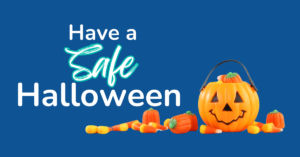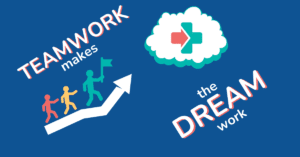Approximately 20% of children with food allergy have a reaction at school. Prompt recognition and proper response to anaphylaxis are important to saving lives. Educators spend much of the day with children, and children sometimes have their first food allergy reaction at school, so it is critical for educators to be equipped to recognize and respond to anaphylaxis. In 2011, The Allison Rose Act, which encourages food allergy and anaphylaxis education to be provided to school students and staff by school districts and community and STEM schools, passed in Ohio. Food allergy and anaphylaxis education prepares educators to prevent and respond to anaphylaxis emergencies.
Code Ana, along with the Allison Rose Foundation, collaborated with the Ohio Department of Education (ODE), to create a free, online, professional development course about food allergy and anaphylaxis. Board-certified allergists created course content consisting of slides, quiz questions, and videos. In order for educators to receive a certificate, educators were required to earn 100% on the post-knowledge assessment. The post-knowledge assessment tested participants’ knowledge of information including the common causes, signs, and symptoms of anaphylaxis, proper dosage of epinephrine, the appropriate response to anaphylaxis, and the steps to using an epinephrine auto-injector. In addition to providing easily accessible evidence-based education through the ODE’s Learning Management System (LMS), this course also provided educators with professional development credit.
Our course has already provided 92 educators with food allergy and anaphylaxis education and has been well received by these educators. The feedback we received from participants included that they believed the course was informative, they felt better prepared for anaphylaxis emergencies, and they enjoyed that the course was self-paced. 97% of educators who completed the optional post-session survey felt that this course would impact their practice or perspective. Overall, this free, easily accessible food allergy and anaphylaxis course equipped educators to confidently recognize and respond to food allergy emergencies.
Do you know educators interested in learning about food allergy and anaphylaxis? Check out our other online trainings here!




